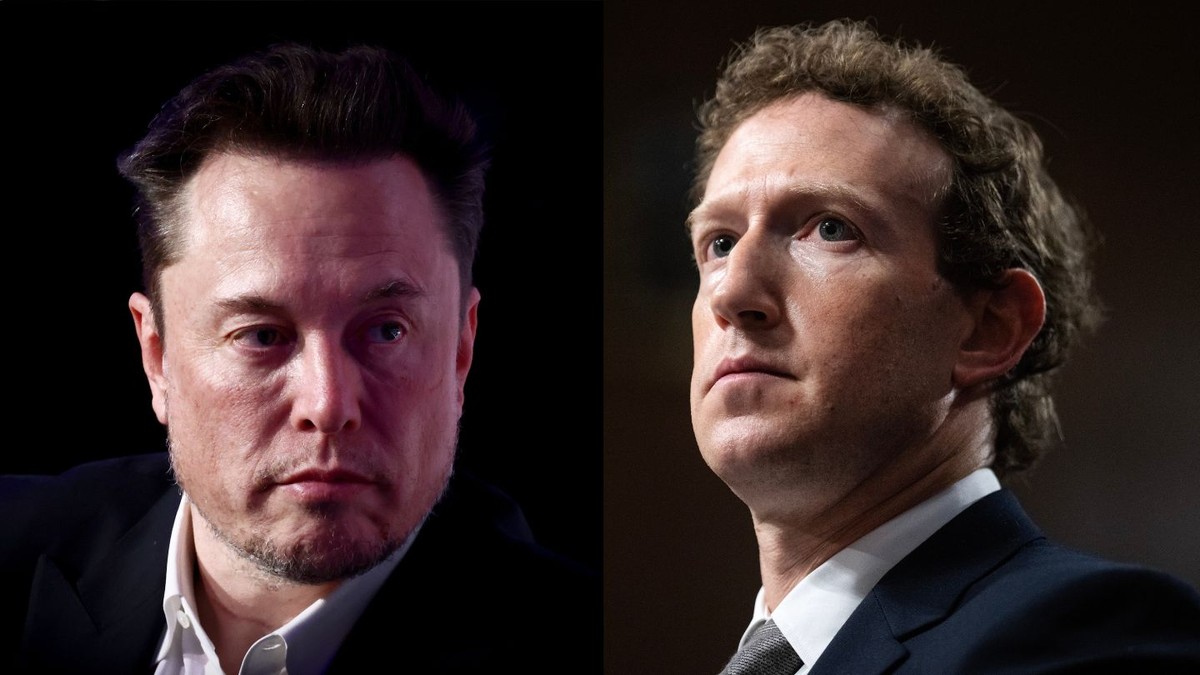- cross-posted to:
- technology@lemmy.world
- cross-posted to:
- technology@lemmy.world
Trader Joe’s, SpaceX, and Meta are arguing in lawsuits that government agencies protecting workers and consumers—the NLRB and FTC—are “unconstitutional.”
Trader Joe’s has become the second company in a month to sue the National Labor Relations Board for being “unconstitutional,” following the lead of Elon Musk’s SpaceX, as both companies face board charges for firing employees. These two major corporations aren’t alone in attempting to protect their interests by undermining public institutions; Meta is also arguing in an ongoing lawsuit that the Federal Trade Commission is unconstitutional.
A legal expert told Motherboard that these companies are attempting to take advantage of what they believe is a friendly Supreme Court—judges currently lean right by a six-to-three margin—while they can.



I think the broader concept being worked on here is to ‘dissolve’ governments, or at least relegate them to a back seat while corporations are in the drivers seat.
I’m surprised form of corporate nationality hasn’t been introduced, where some guaranteed set of rights is extended to you by a corporation, for an annual fee.
I also think this highlights a fundamental issue with constitutional republics, is that they failed to imagine a scenario where corporations would eclipse governments in the capability to wield raw power. This is why I dismiss arguments about censorship and freedom of speech on social media platforms. Its not about private versus public ownership, its about the power to suppress and reach. I don’t think we can fault victorian era framers for not quite understanding the impacts technology would have on these things.
deleted by creator
This explains it pretty well too, for people who would rather read a webpage than watch a documentary: https://reclaimdemocracy.org/corporate-accountability-history-corporations-us/
Snow Crash presented a United States balkanized into little corporate microstates around every franchise, where the Federal Government was just one more franchise operator. Border crossings between Days Inn and Pizza Hut felt surprisingly credible, even in 1992, when Microsoft was the poster child of tech-nopoly. Nevermind the actual company towns of the 19th century, with their own currencies, their own laws, and their own police. The East India Company. Monopoly tends to see government as irrelevant but sometimes useful tool.
Snow Crash in the most prophetic book I’ve ever read, and I’ve read a lot of books.
Haven’t read Snow Crash for this exact reason. Like The Handmaid’s Tale or Black Mirror, it’s too prophetic and not really a form of escapism.
Damn. You just clicked in my brain why I can’t start those type of books.
So are the people who started the whole sovereign citizen thing just doing Snow Crash as like a 4chan troll? The Gushing Granny of leagalese?
I’m pretty sure the power of the East India Company exceeded that of some governments.
I agree and have considered this. It’s why I consider the failure to be glaring and obvious.
That’s just laissez-faire.
Why own the government when you can just subcontract it? Less hassle and you have somewhere to deflect blame.
Don’t give them any more ideas.
Aren’t we already there? And have been for a while?